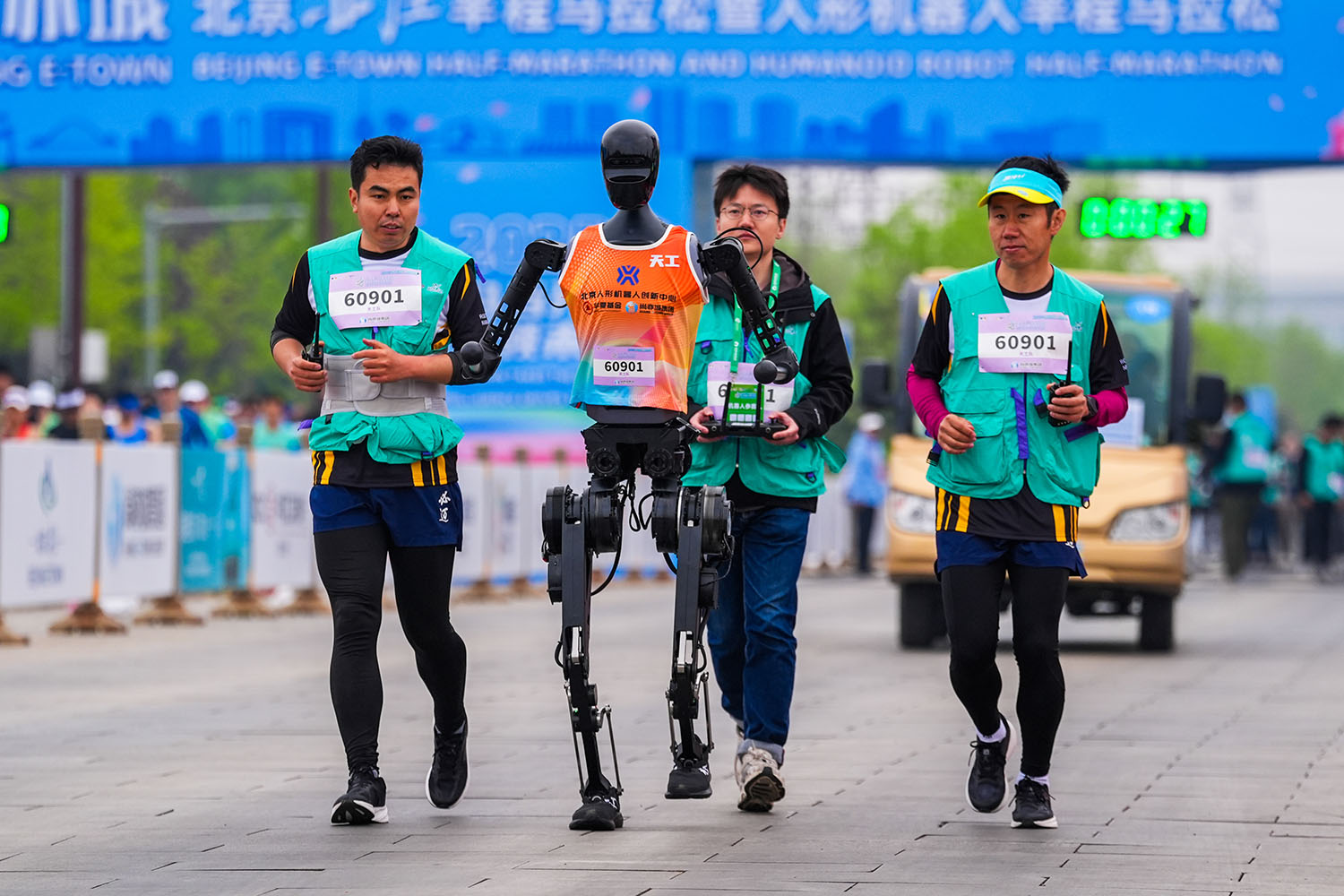
In an astonishing motion of no-confidence in the DNA testing company's founder, all seven independent directors of 23andMe resigned last week
All seven independent directors of the DNA testing company 23andMe resigned last week after its founder, Anne Wojcicki, failed to produce an “actionable” plan to take the company private.
So what? It’s an astonishing motion of no-confidence in Wojcicki and her vision of bringing genetic testing to the masses. Since its inception in 2006, over 14 million people have used the services of 23andMe, spitting into test tubes in the hope of tracing their family trees.
The upshot hasn’t always been happy. But horror stories (like finding you were switched with another baby at birth, or have been sleeping with a half-sibling) aren’t the reason 23andMe’s stock has plunged 99 per cent since it went public in 2021. That’s because of
- an unsustainable business model,
- a cavalier approach to privacy and regulation, and
- a headstrong founder who led in accordance with the Silicon Valley mantra of “move fast and break things”.
Bay area Barbie. No one could accuse Wojcicki of lacking self-belief. Raised on the Stanford campus by academic parents, she went on to Yale and several hedge funds before diving into the sink-or-swim world of medical testing. In 2007 she married Sergey Brin and secured funding from Google, which he co-founded. Four years later 23andMe floated for $6 billion, getting free PR from celebrities attending “spit parties”.
Wojcicki’s success followed her sisters’; Janet, who became a paediatrics professor, and Susan, the former CEO of Youtube who died last year. In March 2023, Mattel launched a set of Barbie dolls based on the Wojcicki sisters in celebration of International Women’s Day. At the time, 23andMe was going through its first round of layoffs.
Going it alone. The problem with selling DNA tests is that customers only need to take them once. 23andMe’s plan to sell bespoke subscriptions foundered and its more recent forays into telehealth medicine and obesity drugs have yet to yield results. Fed up with the punishing life of a listed company, Wojcicki, who owns 49 per cent of 23andMe, hatched a plan to take it private.
Board members including Roelof Botha, managing partner at Sequoia Capital, and Neal Mohan, the head of Youtube, were initially open to the plan. But Wojcicki’s proposal in late July to buy out at $0.40 a share failed to offer any premium for shareholders. Within two months the board resigned en-masse saying, “after months of work, we have yet to receive from you a fully financed, fully diligenced, actionable proposal.” Wojcicki is now the sole headshot on 23andMe’s directors’ webpage. In response to questions about her plans, a spokesperson for Wojcicki directed Tortoise to a memo she sent to employees in which she said she was surprised and disappointed by the resignations.
Testing, testing. Some of 23andMe’s troubles stem from an insouciant approach to privacy. Last year the company was the victim of a devastating data breach which
- affected 7 million customers, some of whom were targeted on the basis of their ethnicity when sensitive genetic data was posted on forums on the dark web;
- took six months to identify and involved a fairly basic hacking technique called “credential stuffing”; and
- led to a class-action lawsuit which is expected to be settled for $30 million.
Some lawyers involved in the suit aren’t satisfied with the proposed settlement and say it doesn’t go far enough in investigating who else has access to 23andMe’s data.
The company says around 80 per cent of its customers opt in to let their information be used for genetic research and drug development. This has helped it secure data-sharing deals with GSK and others.
“We want to know if they’ve given data to other people. We want to know what permission they got to do that,” says Eli Wade-Scott at Edelson PC. He says Wojcicki’s take-private offer is an “indication that the CEO wants to pull this into a place where nobody can have that information anymore”.
What’s more… There’s a risk that 23andMe’s data trove could “time-out” as scientists move to more expansive sequencing of the genome. One immediate option is acquisition: New York-based Nucleus Genomics says it’s considering making a public offer. Wojcicki might be wise to take the Valley approach and move fast.













